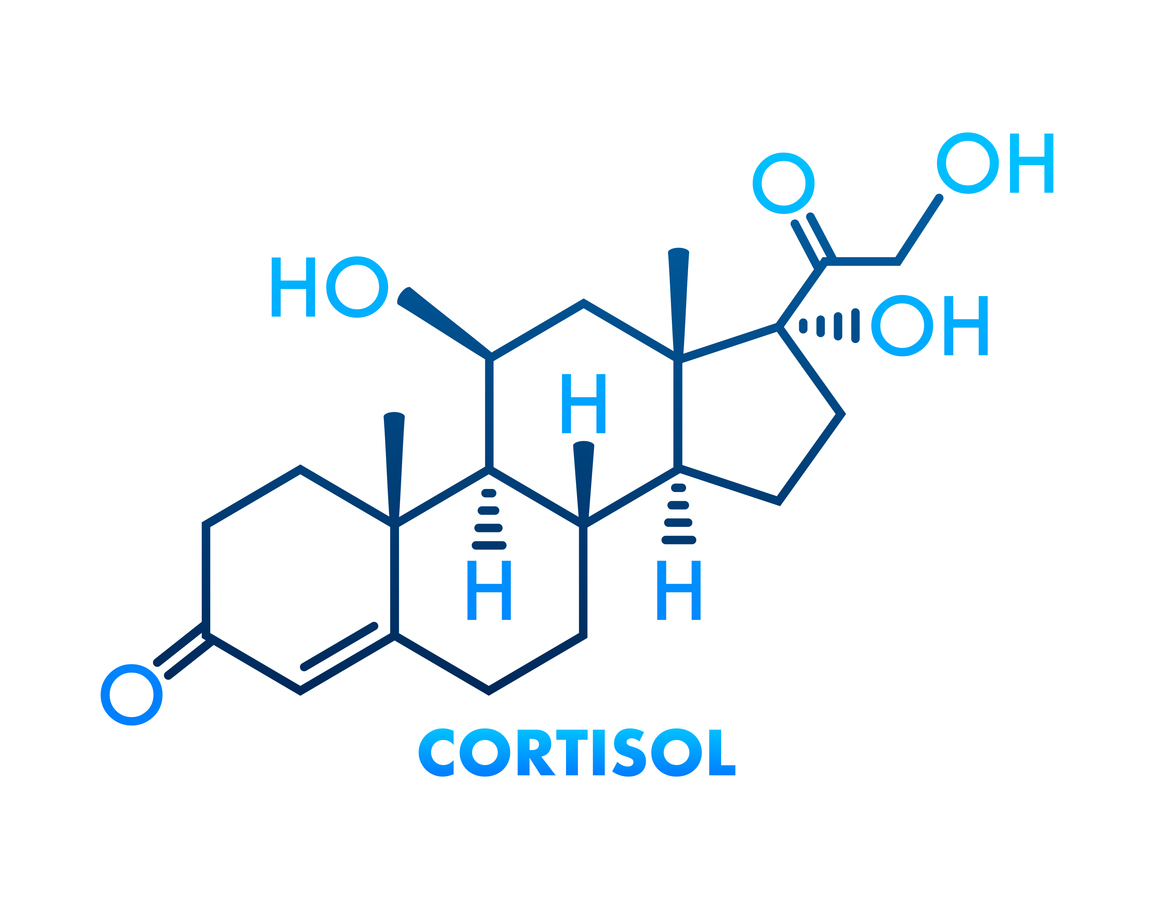Laurie's Blogs.
Sep 2025
The Collagen-Cortisol Connection: Implications for Canine Rehabilitation Therapy

Canine rehabilitation therapists, a recent article titled "The Collagen-Cortisol Connection: How Stress Depletes Your Levels (And How to Fix It)" by Kat Kennedy (The Truth About Cancer, June 14, 2025) offers valuable insights that can enhance our approach to canine recovery. Originally focused on human skin health, the article’s findings on stress, cortisol, and collagen depletion are highly relevant to our work with dogs, particularly in managing tendon injuries and overall tissue integrity.
Key Takeaways for Canine Rehab
• Collagen’s Role: Collagen, making up 30% of a protein content in the dog’s body, is vital for skin, bones, tendons, and ligaments. Types I and III (from bovine sources), are especially critical for tendon strength.
• Cortisol’s Impact: Chronic stress elevates cortisol, which inhibits collagen
production, accelerates breakdown via matrix metalloproteinases (MMPs), and impairs wound healing—issues we see in stressed or post-injury dogs. This can delay recovery in cases like Achilles tendon tears or medial shoulder instabilities.
• Visible Signs: Look for prolonged wound healing, reduced elasticity in tissues, or increased sensitivity as indicators of collagen depletion in dogs, mirroring human signs.
Practical Strategies for Therapists
1. Stress Management: Incorporate low-stress environments (e.g., calm rehab sessions) and techniques like gentle exercise or soothing routines to lower cortisol. Mindfulness-inspired methods could be adapted for handlers to reduce their stress, indirectly benefiting the dog.
2. Nutrition: Recommend diets rich in Vitamin C (e.g., dog-safe fruits), proline/glycine (e.g., bone broth), and omega-3s (e.g., fish oil) to support collagen synthesis, especially pre- and post-surgery.
3. Supplementation: Consider hydrolyzed collagen peptides or adaptogens to boost collagen in high-stress recovery cases.
4. Sleep and Exercise: Ensure dogs get adequate rest post-injury and favor moderate activities (e.g., swimming, walking) over high-intensity exercises to minimize cortisol spikes, enhancing collagen repair.
Application to Practice
This article underscores the need to address stress in canine patients, particularly those with tendon or ligament injuries. Integrating these strategies can improve outcomes, especially when preparing for surgery or managing chronic conditions.
Just food for thought!!
Cheers, Laurie
Source:
Kennedy, K. (2025, June 14). The collagen-cortisol connection: How stress depletes your levels (and how to fix it). The Truth About Cancer. https://substack.com/@thetruthaboutcancer/p-165813715


